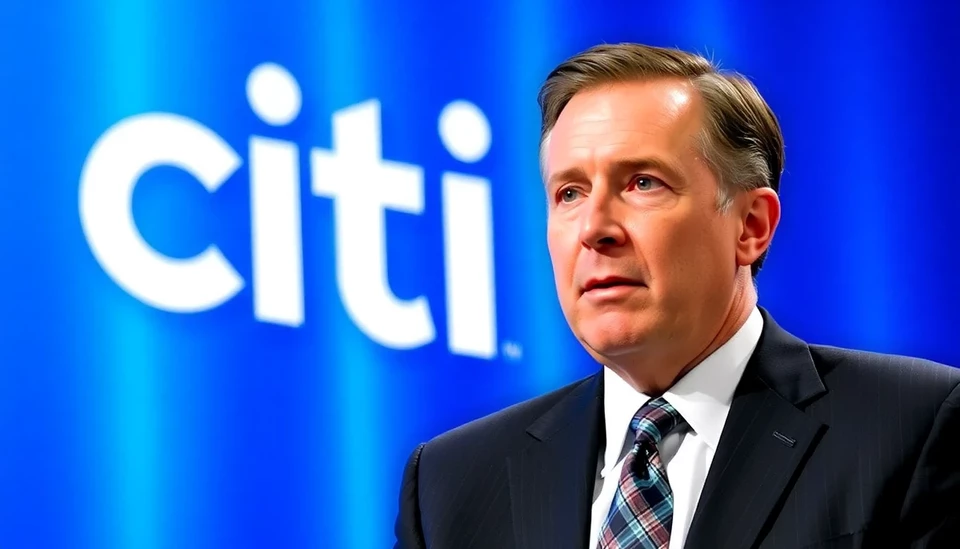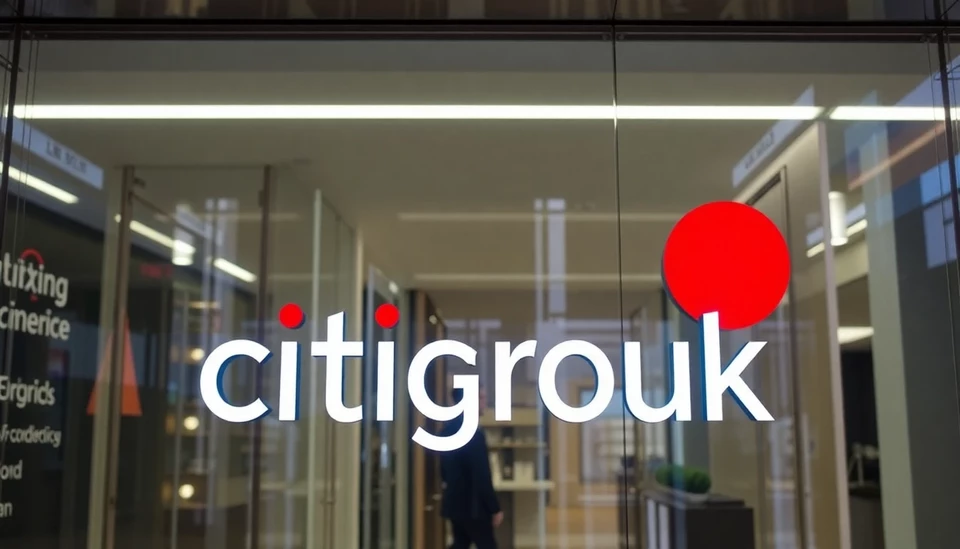
In a surprising turn of events, Citigroup Inc. has found itself at the center of a corporate governance debate following a staggering $52 million compensation package awarded to its former Chief Financial Officer, Mark Mason. This exorbitant payout has drawn the ire of Glass Lewis, a prominent shareholder advisory firm, leading to a potential shift in voting recommendations for the upcoming shareholder meeting.
The situation arose after Citigroup's board approved the hefty remuneration package as part of a transition plan to keep Mason on board during a challenging period for the financial institution. Mason had previously been pivotal in navigating Citigroup through significant restructuring efforts and had a reputation for managing complex financial situations effectively. However, the optics of such a lavish payout during a time of economic uncertainty have raised eyebrows among investors and industry analysts alike.
Glass Lewis, which advises institutional investors on critical proxy votes, recommended that Citigroup shareholders should vote against the re-election of several board members, specifically targeting those who supported the compensation package. The advisory firm stated in its report that the payout lacked adequate justification, especially in relation to the company's performance metrics and compensation trends within the broader financial services sector.
As shareholders gear up for the upcoming vote, many are echoing Glass Lewis's concerns about executive compensation, particularly in an environment where banks are under increasing pressure to exhibit responsible governance and equitable pay practices. The debate over Mason's payout has underscored the tension between attracting and retaining top talent and maintaining accountability to shareholders, a principle that is gaining traction among institutional investors who are wary of excessive corporate spending.
In an effort to quell mounting dissent, Citigroup's board has expressed confidence in its pay practices, suggesting that competitive compensation is necessary to attract and retain seasoned executives capable of steering the bank through turbulent waters. Nevertheless, the backlash presents a significant challenge for Citigroup, particularly as shareholder sentiment pivots towards greater accountability and transparency in compensation decisions.
The upcoming shareholder meeting promises to be a pivotal moment for Citigroup, as discussions will likely revolve around not just the controversial payout, but also broader themes of corporate governance, transparency, and the ongoing challenges facing the banking sector. Investors are urged to evaluate the implications of Mason’s compensation as they make their voting decisions, weighing the potential benefits of experienced leadership against the principles of fiscal responsibility.
This incident serves as an important reminder of the evolving landscape of corporate governance, where shareholder activism and advocacy for responsible practices are becoming increasingly prevalent. The call for reform in executive compensation structures is growing louder, and it remains to be seen how Citigroup will respond to its shareholders’ concerns moving forward.
In response to the challenges posed by this narrative, industry experts will be watching closely not only the outcomes of the votes but also the ripple effects it could have on other financial institutions facing similar scrutiny. The outcome could set a precedent for future compensation strategies across the industry, leading to a push for more stringent regulations regarding executive pay.
As the story unfolds, the financial community is on high alert for any indications of how shareholder sentiment might shift and what it could mean for the future of executive compensation at major companies. For Citigroup, the stakes have rarely been higher.
#Citigroup #ExecutiveCompensation #ShareholderActivism #GlassLewis #CorporateGovernance
Author: Samuel Brooks




